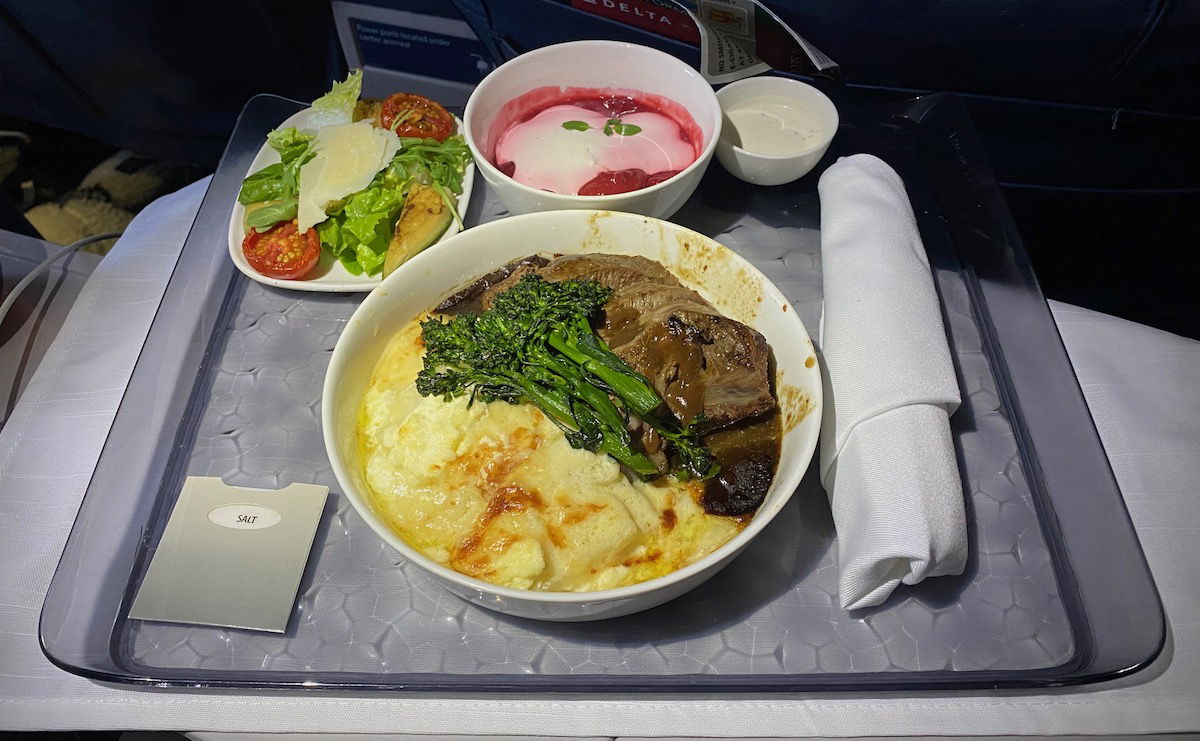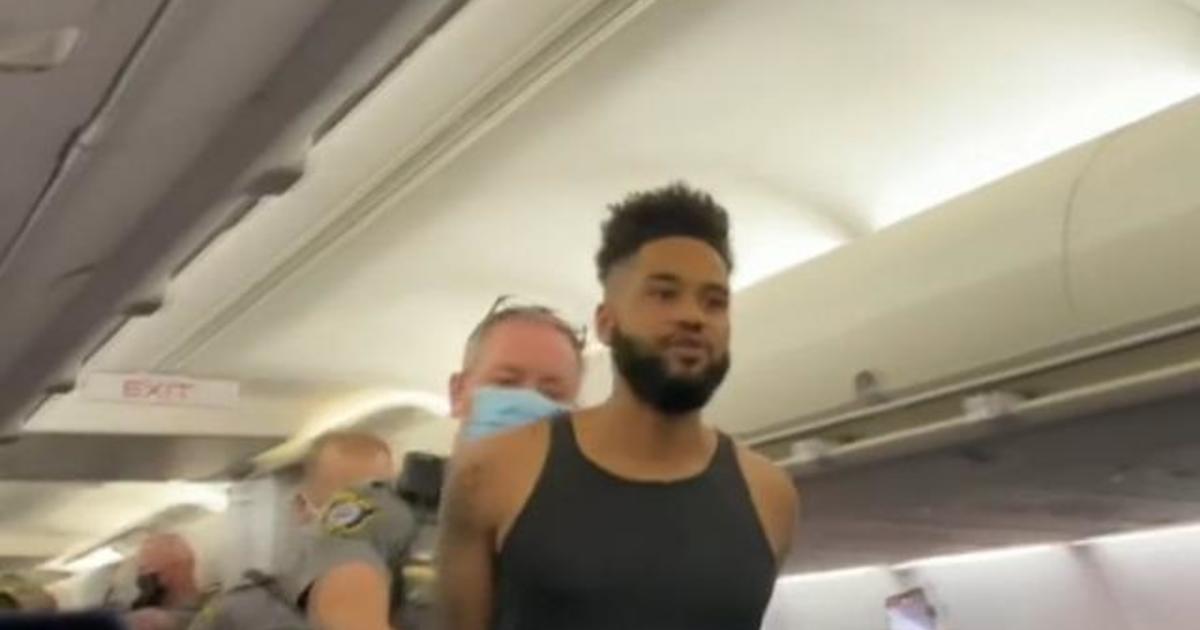Food Spoilage Investigation
Delta flight diverted spoiled food – On a recent Delta flight, several passengers became ill after consuming spoiled food. The incident has raised concerns about the airline’s food handling practices and the potential health risks associated with consuming food on airplanes.
The recent incident of a Delta flight being diverted due to spoiled food highlights the importance of food safety in the aviation industry. The passengers on the flight experienced nausea and vomiting after consuming the contaminated food, prompting the crew to make an emergency landing.
This incident underscores the need for airlines to implement strict food safety protocols to prevent similar occurrences in the future. Read more about the delta flight diverted spoiled food incident and its implications for the aviation industry.
The food spoilage on the Delta flight is likely due to a combination of factors, including temperature control and handling practices. Food that is not properly refrigerated or stored at the correct temperature can quickly spoil, leading to the growth of bacteria and other harmful microorganisms. Additionally, improper handling of food, such as not washing hands before handling food or using dirty utensils, can also contribute to food spoilage.
Impact of Food Spoilage
The food spoilage on the Delta flight had a significant impact on both passengers and the airline’s reputation. Passengers who consumed the spoiled food experienced a range of symptoms, including nausea, vomiting, and diarrhea. Some passengers also required medical attention.
The food spoilage incident has also damaged the airline’s reputation. Delta has been criticized for its handling of the situation and for failing to ensure that the food served on its flights is safe for consumption.
Passenger Experience and Compensation

The diverted flight due to food spoilage caused significant discomfort and inconvenience to passengers. The foul odor permeated the cabin, causing nausea and headaches among passengers. The lack of fresh air and prolonged delay added to their distress. The airline provided limited snacks and beverages during the delay, which was insufficient to meet the needs of passengers, especially those with dietary restrictions.
The airline’s compensation policy for passengers affected by the food spoilage varied depending on the specific circumstances. In general, passengers were entitled to a refund or a travel voucher for a future flight. Some passengers also received additional compensation for their inconvenience, such as hotel accommodations or meal vouchers. The airline’s response to the incident was met with mixed reactions from passengers, with some expressing dissatisfaction with the level of compensation offered.
Potential Legal Action
The food spoilage incident has the potential for legal action against the airline. Passengers who suffered injuries or illnesses due to the contaminated food may seek compensation for their medical expenses and other damages. Additionally, the airline could face regulatory fines or penalties for failing to comply with food safety regulations. The outcome of any legal action will depend on the specific circumstances of the case and the evidence presented.
Prevention and Mitigation Strategies: Delta Flight Diverted Spoiled Food

To prevent food spoilage on flights and ensure passenger safety, airlines must implement stringent measures. These include proper food handling, temperature control, and leveraging technology to enhance food safety.
Best Practices for Food Handling and Temperature Control
Establish clear guidelines for food preparation, storage, and transportation. Train staff on proper food handling techniques to prevent contamination. Implement strict temperature control measures throughout the supply chain, from food preparation to onboard storage.
Role of Technology and Innovation in Food Safety, Delta flight diverted spoiled food
Utilize temperature monitoring systems to track food temperatures in real-time. Employ sensors and IoT devices to monitor food quality and detect potential spoilage. Implement data analytics to identify patterns and trends related to food spoilage, enabling proactive measures.
Plan for Mitigating Future Food Spoilage Incidents
Develop a comprehensive plan outlining response procedures in case of food spoilage incidents. Establish clear communication channels for timely notification and coordination. Train staff on incident management protocols, including food disposal and passenger compensation.
The passengers on the Delta flight were horrified when they discovered that the food they had been served was spoiled. They had been looking forward to a delicious meal, but instead they were left with upset stomachs. The flight was diverted to another airport so that the passengers could be given new food.
While they were waiting for their new meal, the passengers browsed through the Saks Neiman Marcus catalog. They were amazed by the beautiful clothes and accessories that were featured in the catalog. When their new meal arrived, the passengers were finally able to enjoy a delicious meal.